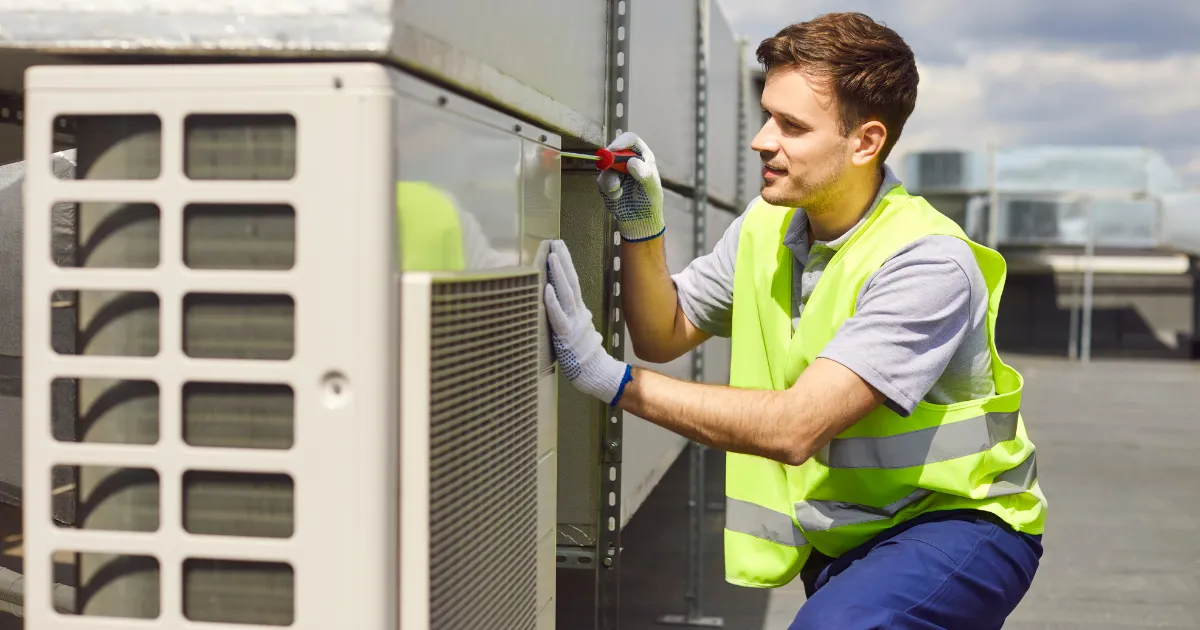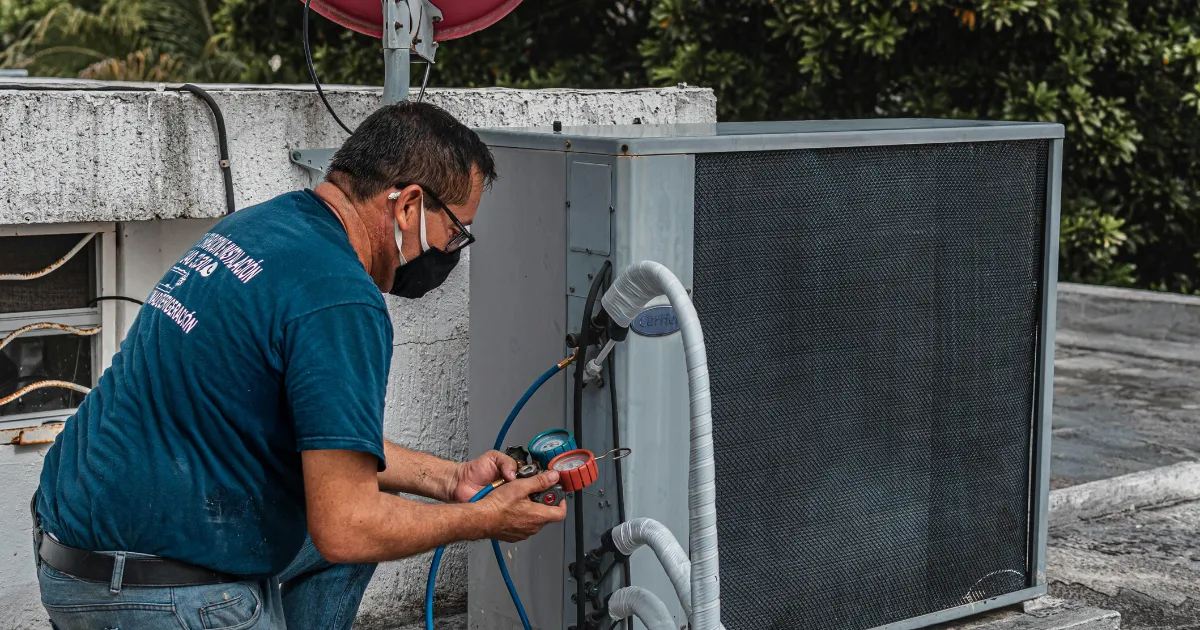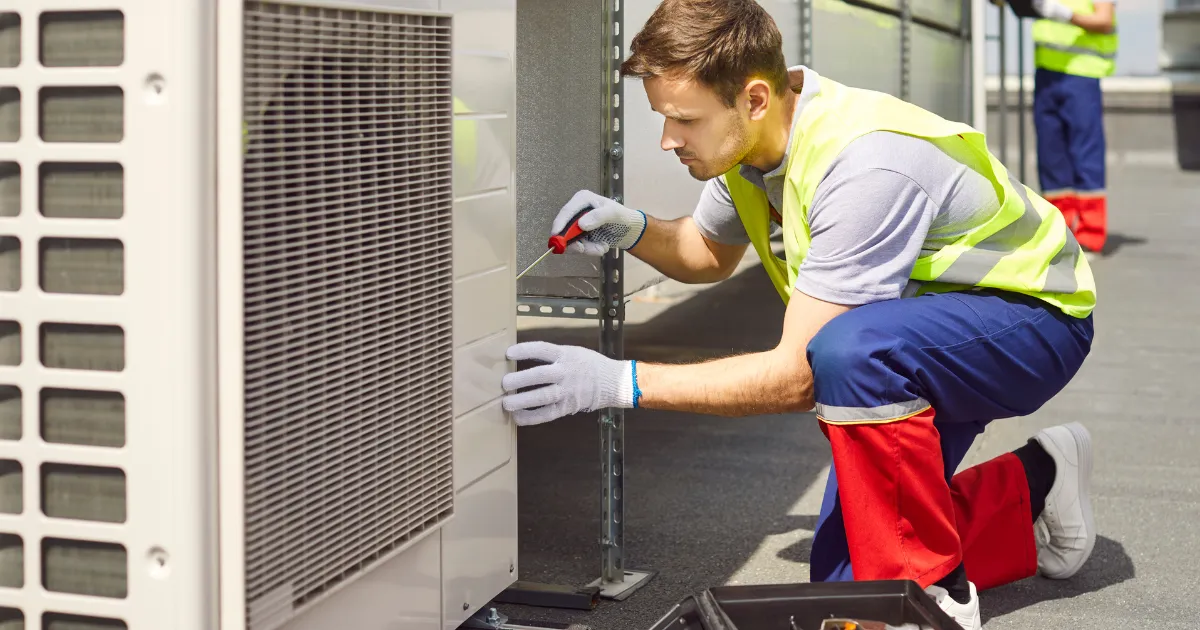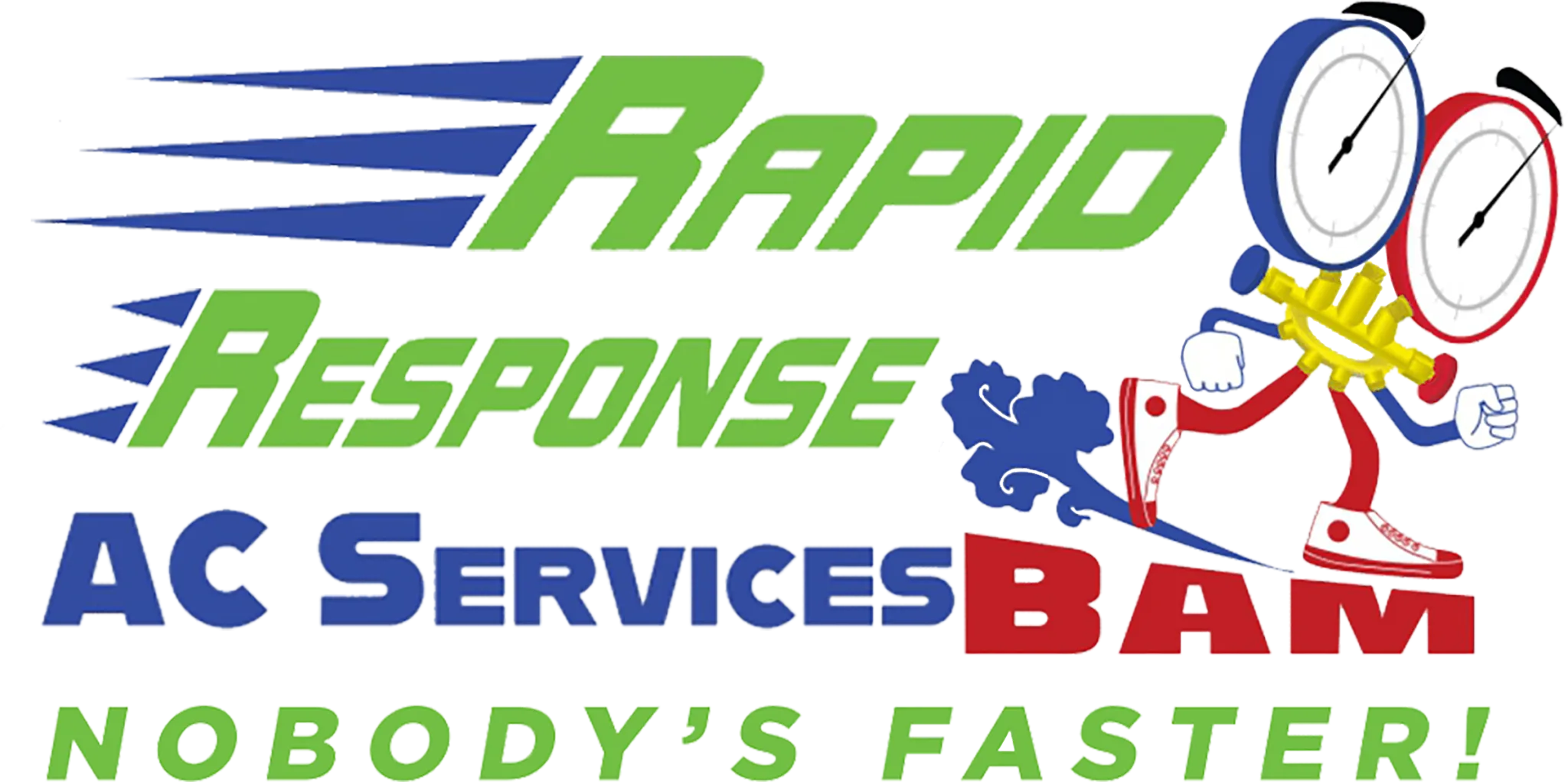6 HVAC Troubleshooting Issues You Can’t Ignore

Is your HVAC system making odd sounds or struggling to heat and cool properly? If not addressed, common HVAC issues can rapidly escalate into significant repairs. Prompt HVAC troubleshooting aids in early issue detection, enhances energy efficiency, lowers expenses, and ensures your system runs smoothly all year.
Strange sounds such as tapping, shrieking, clattering, and buzzing frequently suggest damaged components, loose fittings, or electrical issues. What begins as a small problem can rapidly develop into a significant repair. Prompt HVAC troubleshooting allows for early detection of these issues, avoiding unexpected failures and ensuring your system operates efficiently year-round.
The more you postpone addressing HVAC noises, the more severe they become. Certain noises suggest minor repairs, whereas others signal impending breakdown. If you notice rattling, screeching, or hissing sounds, don’t overlook them—immediately arrange for a professional inspection to prevent costly repairs and prolong HVAC longevity.
Why is HVAC Troubleshooting Important?

Overlooking minor HVAC problems may result in unforeseen system breakdowns. Consistent troubleshooting helps detect electrical issues, refrigerant leaks, and airflow concerns before they worsen. It also boosts indoor air quality, improves performance, and lengthens the unit’s lifespan, preventing costly repairs and replacements.
Neglecting minor HVAC issues can lead to inefficient performance and unexpected failures. Routine HVAC troubleshooting helps early identify wear and tear, faulty components, and airflow restrictions. Addressing these problems promptly enhances energy efficiency, maintains consistent comfort, and reduces the risk of expensive emergency repairs or full system replacements.
Common HVAC issues:
- Odd Sounds: Rattling, banging, or hissing noises suggest loose components, refrigerant leaks, or motor problems that require urgent attention.
- Variable Temperature: If certain rooms are excessively hot or cold, your system might be experiencing airflow problems, thermostat malfunctions, or component failures.
- Increasing Energy Expenses: A sharp increase in energy charges indicates that your HVAC system operates more vigorously than required due to hidden inefficiencies.
How Often Should You Do HVAC Troubleshooting?
Professionals suggest arranging HVAC troubleshooting at least twice annually—once before summer and once ahead of winter. Routine inspections avoid emergency failures and help maintain low energy costs. Nevertheless, if you detect strange sounds or observe poor airflow, you should contact a professional team specializing in HVAC repair.
Delaying necessary HVAC troubleshooting can strain your system, leading to inefficiency and higher energy bills. Regular maintenance ensures peak performance and extends the lifespan of your unit. Prompt action at the first sign of trouble prevents minor issues from turning into costly repairs or complete system failures. Follow the HVAC tips in the guide below to reduce the chances of your HVAC breaking down in the future.
Here is an HVAC maintenance guide for you on how to prevent HVAC breakdowns:
- Regularly Replace Air Filters: Swap out filters every 1-3 months to ensure proper airflow and enhance indoor air quality.
- Precise Outside Units: Remove debris, leaves, and dirt to avoid obstructions to airflow and stress on the system.
- Arrange Expert Assessments: Semi-annual HVAC evaluations promote timely identification of possible problems.
- Verify Thermostat Settings: Adjust temperature settings for energy efficiency and steady comfort.
- Examine Ducts and Vents: Clean and repair leaks to enhance airflow and reduce energy loss.
6 HVAC Troubleshooting Issues You Shouldn’t Ignore at Any Cost

Your HVAC system should operate quietly and efficiently, yet specific noises indicate potential issues. Disregarding these warning signals may result in expensive repairs, subpar performance, or total system breakdown. Identifying these noises promptly enables swift HVAC repairs, averting significant failures and guaranteeing your system functions effectively throughout the year. Don’t overlook these 6 HVAC troubleshooting issues to avoid expensive repairs.
1. Weak or Inconsistent Airflow
If your HVAC system has difficulty moving air through the vents, it may suggest blocked filters, leaking ducts, or a malfunctioning blower motor. Inadequate airflow impacts heating and cooling efficiency, resulting in inconsistent temperatures. Prompt HVAC diagnosis can pinpoint the problem and avert energy loss and discomfort.
2. Frequent Short Cycling
Short cycling happens when your HVAC system activates and deactivates too rapidly, not allowing a complete cycle to finish. This may be caused by a large unit, faulty thermostat, or restricted airflow. If not addressed, it puts pressure on parts and raises energy expenses. Consistent HVAC troubleshooting guarantees correct functioning and durability.
3. Unusual Odors from Vents
Foul, burning, or sulfurous odors emanating from your vents indicate serious problems such as mold development, electrical issues, or gas leaks. Disregarding these smells may result in health dangers or fire threats. Expert HVAC troubleshooting assists in identifying the root cause and addressing the issue before it grows into a significant problem.
4. Persistent Thermostat Issues
If your thermostat doesn’t maintain set temperatures or constantly requires adjustments, it might be faulty or improperly calibrated. This leads to inefficient heating and cooling, higher energy bills, and overall system stress. Proper HVAC troubleshooting can diagnose thermostat issues and restore optimal comfort control without unnecessary energy waste.
5. Water Leaks Around the Unit
Excess moisture or pooling water near your HVAC unit could mean a clogged condensate drain, frozen coils, or a refrigerant leak. Left unaddressed, this can cause mold growth and damage surrounding structures. Immediate HVAC troubleshooting prevents water-related issues and maintains your system’s efficiency and indoor air quality.
6. Rising Energy Bills with No Clear Cause
If your energy costs are climbing despite no changes in usage, your HVAC system may be overworking due to hidden inefficiencies. Dirty filters, aging components, or refrigerant issues could be to blame. Routine HVAC troubleshooting helps detect the root cause early, ensuring efficient performance and lower utility expenses.
Best HVAC Troubleshooting Services with Rapid Response
Rapid Response AC Services offers expert HVAC troubleshooting to diagnose and fix issues quickly. Our skilled technicians handle everything from minor adjustments to major repairs, ensuring your system runs efficiently year-round. With a customer-first approach, we guarantee reliable service tailored to your HVAC needs.
Unusual HVAC noises warn that you require HVAC troubleshooting and that something is wrong. Timely HVAC troubleshooting can save you from costly repairs and unexpected system failures. Don’t wait until it’s too late— Extend your HVAC lifespan with professional help.
Schedule an inspection today and enjoy uninterrupted comfort! Visit our website for expert HVAC solutions.
